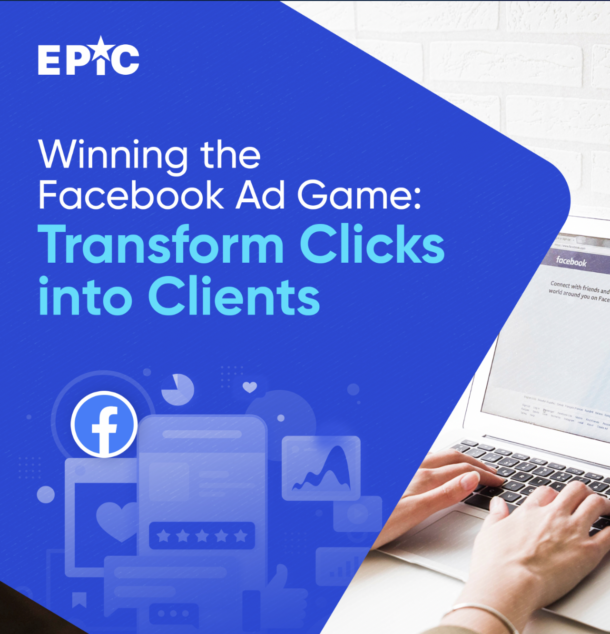We all use Facebook – to keep in touch with friends and family, share a laugh, promote our products and services and gain followers. But your relationship with Facebook is not entirely honest. Facebook is keeping things from you.
The family, friends and fans that follow you don’t see most of what you post. And you don’t see most of what is posted by your friends or the pages you follow. Whether it is a personal post or a business post your friends must like and engage with your post for it to continue to reach them and for the post to reach more people. Pages you don’t actively engage with will disappear from your news feed over time. This forces users to comment, post or ‘like’ something in order for it to remain in their news feed. It’s not fair for Facebook to force users to actively participate in or share every post on their feed.
WHY IS FACEBOOK LIMITING POSTS?


 Facebook considers limiting the reach of posts essential due to the sheer number of posts submitted daily – and it’s true. 4.75 billion posts are shared daily on Facebook, that is roughly 4 per user each day. The average user has over 200 friends. This means that without any filtering, you could end up viewing as many as 1400 posts on your news feed each day. (expandedramblings.com)
Facebook considers limiting the reach of posts essential due to the sheer number of posts submitted daily – and it’s true. 4.75 billion posts are shared daily on Facebook, that is roughly 4 per user each day. The average user has over 200 friends. This means that without any filtering, you could end up viewing as many as 1400 posts on your news feed each day. (expandedramblings.com)
So, Facebook has legitimate reasons to hide posts from us, but how they go about limiting the posts is the problem. Facebook admitted that they “expect organic distribution of an individual page’s posts to gradually decline over time.” (www.adage.com) You may have noticed that on your own Facebook page. Enchanted Florist of Ashland, Oregon has almost 700 likes on its Facebook page and yet recent posts only made it to a small fraction of fans. As you can see, a post from February 24th made it to 239 fans, roughly a third of the fan base. Another post from February 27th made it to only 16% of Enchanted Florist’s fan base. Those numbers may not decrease with every post, but they are expected to generally decrease over time. A FB spokesman said:
“We’re getting to a place where because more people are sharing more things, the best way to get your stuff seen if you’re a business is to pay for it.” (www.adage.com)
Facebook is taking advantage of this filtering system to make money. Facebook is now encouraging businesses to spend more on ads to make up for the posts that didn’t reach fans, even though Facebook is limiting that reach. Melonie Dodaro of socialmediatoday.com described the situation best. She said:
“Imagine you had an email service that could bring you a new email subscriber for $1 per subscriber. Once the subscriber is inside your database, they are yours to promote and market to until they decide to opt out (if that ever happens). Now let’s imagine once you got your email subscriber list built up, the service provider decided to charge you to send them an email. Not just one email but every single email you ever send.” (www.socialmediatoday.com)
Another problem with the way Facebook filters content is that the organically shared content will no longer be the content you are sharing, nor will it necessarily be the content you want to receive. People are now seeing paid content from advertisers and the organically shared content – which consists of trite memes, babies, wedding and kittens – is not your content. Instead of seeing relevant content you see what others are liking or sharing, and in order to get your posts pushed out to the people who want to see your content you now have to appeal to the masses and post irrelevant content that may not help your business.
BUT WHY FACEBOOK?
 Other social media outlets such as YouTube and Instagram take an entirely different approach to monetizing their system, where content is shared with all followers. So, why does Facebook limit its users? Derek Muller of Veritasium sums up his theory quite well.
Other social media outlets such as YouTube and Instagram take an entirely different approach to monetizing their system, where content is shared with all followers. So, why does Facebook limit its users? Derek Muller of Veritasium sums up his theory quite well.
- First of all, Facebook is used primarily to share with friends and family. People don’t rely on Facebook to make purchases.
- Secondly, it is hard to determine what content brings users to Facebook. Posts on Facebook are briefly glanced at and not often shared or ‘liked’. YouTube, on the other hand, easily quantifies views of each video and determining the value of the content and views is easy.
- Lastly, Muller states that Facebook treats all users as advertisers.
Facebook has no other way of making money on such a huge user base, other than charging all users – advertisers or not – to pay to promote their posts. He sums it up perfectly when he says: “The result of Facebook’s business model is a misalignment of incentives. Users just want to see the best content out there, but increasingly they’re just being shown the content from the highest bidder.”
WHAT YOU CAN DO ABOUT IT
Let your fans know. Facebook is a business and will continue to do what it thinks is best. All you can do is adapt. So tell your fans and ask them to sign up for your newsletter or mailing list. Otherwise, the only time you’ll reach them is when you’re paying to promote something. You cannot control Facebook, but you can control your email marketing. Take advantage of Facebook changes and let your fans know what’s going on – that your content may no longer be reaching them and that you want to make sure they know what you have to offer – and offer that to them.
Facebook is a great place to share photos, ideas, products and services information, but it is becoming increasingly difficult and costly to do so. Facebook treats all users as if they were advertisers, which distracts from the original charm of Facebook. Unfortunately, Facebook doesn’t openly share with its users what goes on behind the scenes; it’s cheating on you.






